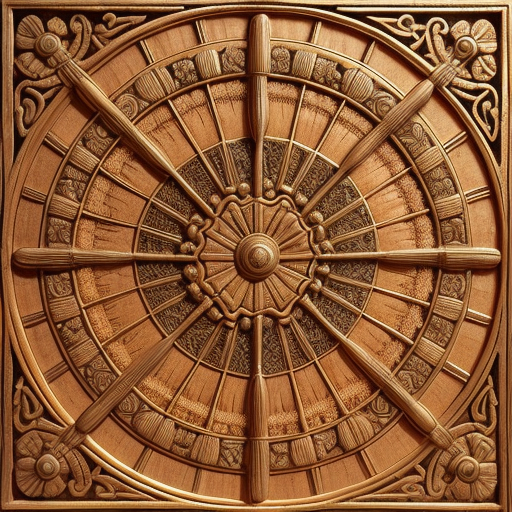Excreting is a vital biological process that allows organisms to rid their bodies of waste products and maintain proper functioning. It involves the elimination of solid, liquid, and gaseous waste materials from various organs and systems within the body. Although often considered taboo or uncomfortable to discuss, excretion is an essential aspect of life that plays a crucial role in maintaining overall health and wellbeing.
One of the primary ways organisms excrete waste is through the urinary system. The kidneys filter out waste products, such as urea, excess salts, and toxins, from the blood, which are then expelled as urine. This process helps regulate the body’s fluid and electrolyte balance while removing harmful substances that could potentially lead to various health issues if accumulated.
Another mode of excretion occurs through the digestive system. When we consume food, our body extracts the necessary nutrients it needs for energy and growth. However, not all components of the food are useful, and the waste products are formed as part of the digestion process. These waste materials, such as fiber, undigested food particles, and dead cells, are eliminated from the body as feces.
Furthermore, the respiratory system also plays a role in excretion. During respiration, we inhale oxygen and exhale carbon dioxide, which is a waste product produced by our cells during metabolism. Excreting carbon dioxide ensures that our body maintains the optimal balance of gases required for normal physiological functions.
Overall, excretion is a natural and indispensable process that allows organisms to eliminate waste materials and maintain homeostasis. Through various organ systems, such as the urinary, digestive, and respiratory systems, the body efficiently gets rid of waste products, maintaining overall health and functionality. While this topic may be seen as unpleasant or embarrassing, understanding the importance of excretion helps us appreciate the intricate mechanisms that keep our bodies clean and healthy.
